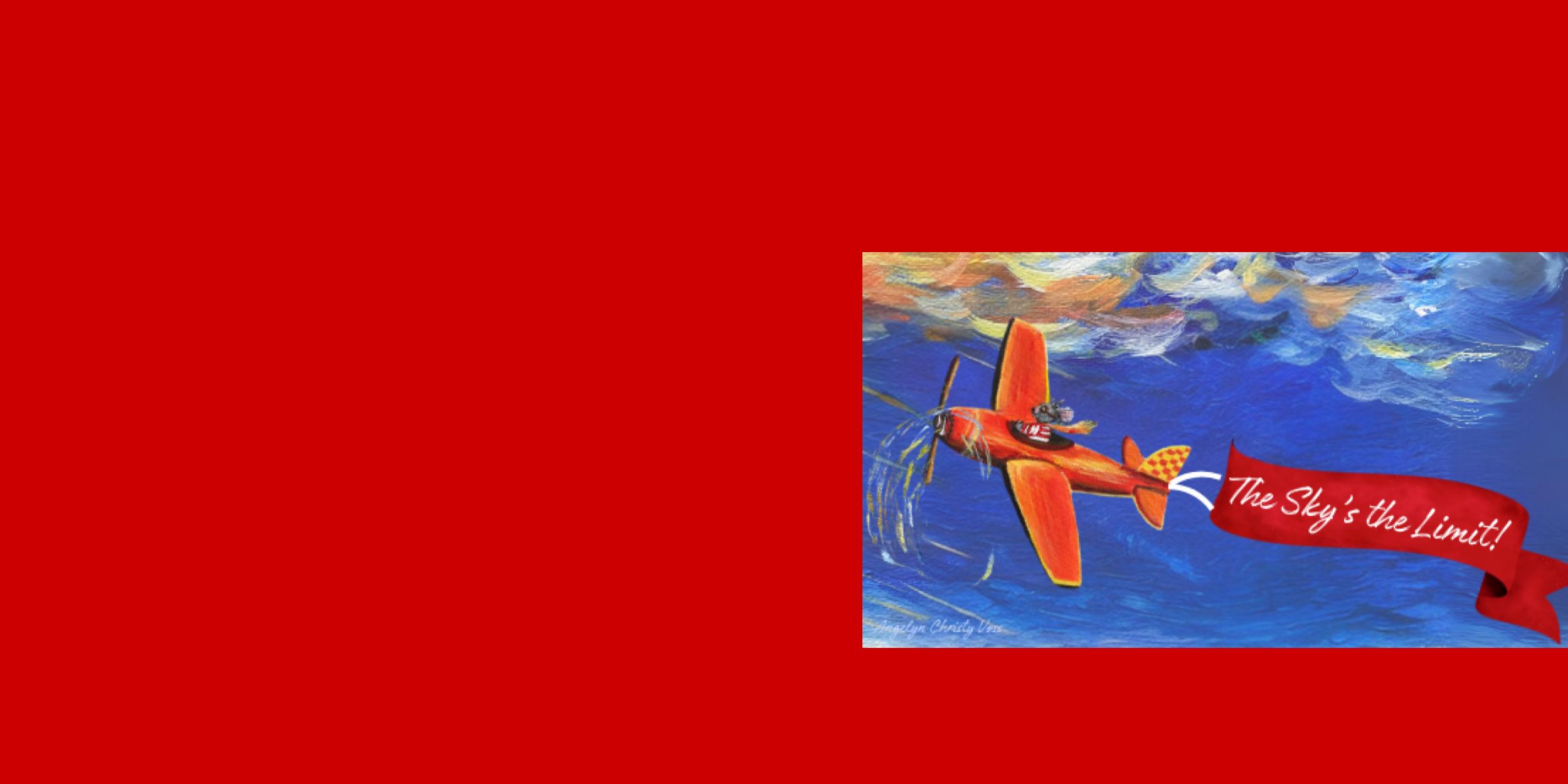The Sky's the Limit! Conference Workshop Descriptions
Be sure to bring a notebook and pen for notes and hands-on exercises.
Pitching and Querying
An examination and discussion of what makes for an effective query or pitch.
Elements to Crafting Successful Picture Book Fiction
This workshop focuses on developing voice, avoiding tropes, understanding one’s audience, and writing the visual.
Discover Your Publishing Niche: Unpacking Formats to Figure Out Just Where You Fit In
Most illustrators think that to succeed or get into publishing you have to illustrate a picture book—but there is so much more that the industry offers up in terms of the types of projects available for illustrators. In this presentation, I explore the wide range of illustrators I hire: from picture books to non-fiction artwork, opportunities in graphic novels, middle grade, and beyond. This session is all about how illustrators can highlight their strengths and get them into the right hands, rather than trying to fit into what they think the industry wants.
One 55-minute workshop with writing/illustrating exercise (may include 10 minutes for Q & A)
The Power of Mr. Potato Head
Students will explore different ways to bring depth, emotion, and personality to their character designs and use their world-building to add layers to a story’s personality. Students should bring drawing materials to class, an iPad or a sketchbook are equally acceptable.
Who’s Driving This Thing?
We’ll discuss the differences between character-driven stories and plot-driven stories, and which one might be right for you, and look at how one might work better depending on the genre and where they fit in the market.
Best Picture Book Editing Practices
The most common edits on picture books, how plotting a picture book differs from plotting a novel, what can be conveyed through text and what can be conveyed by art. Writing exercise: write a short picture book pitch and identify edits mentioned.
